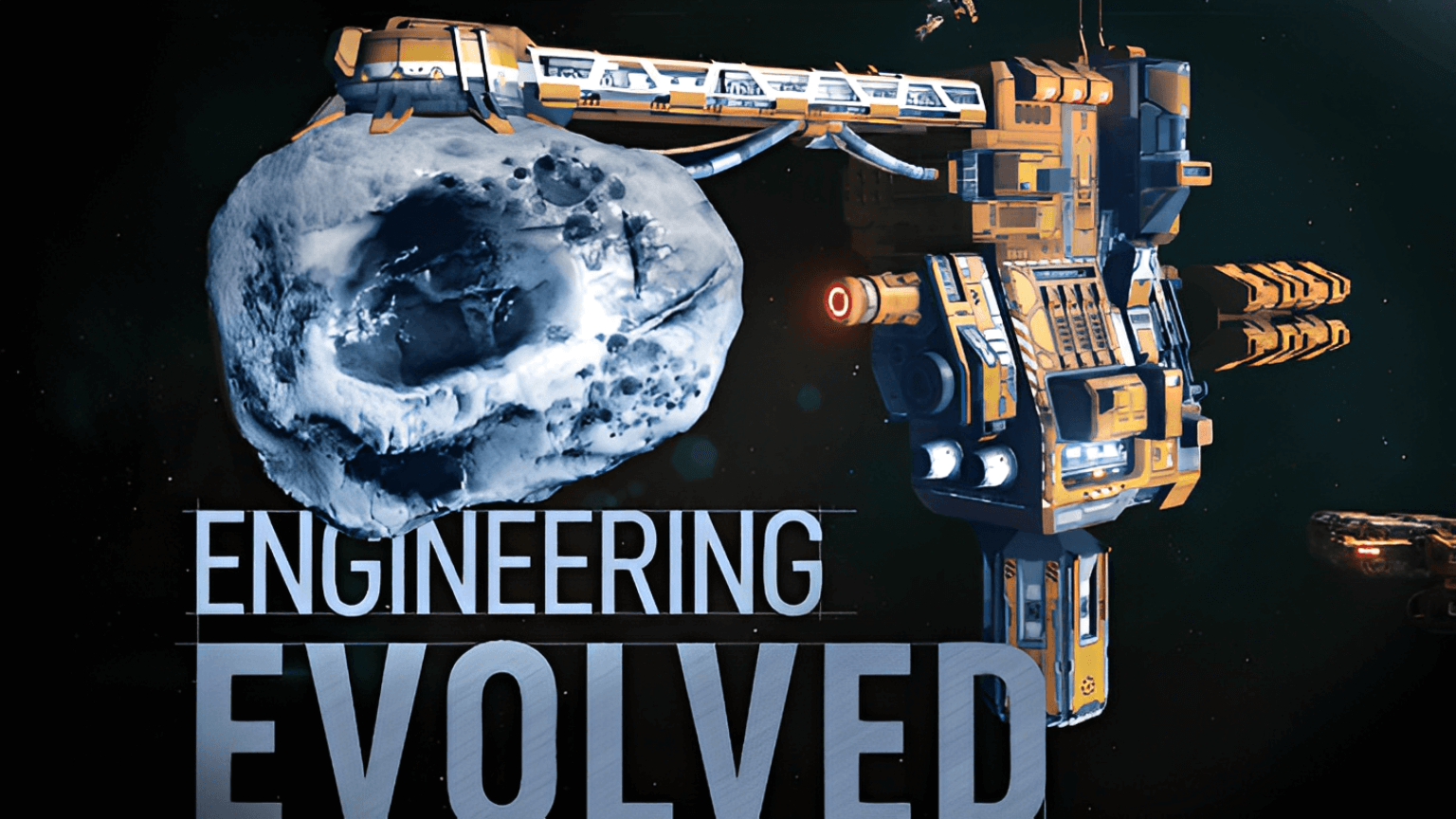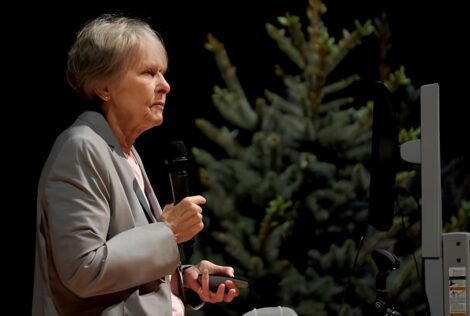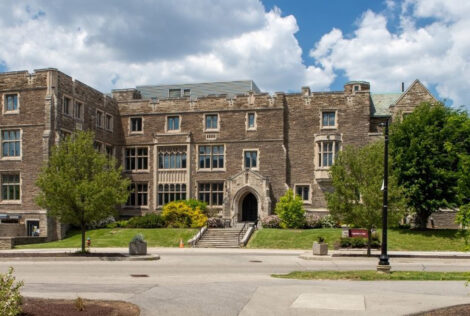

Airing on Super Channel Fuse today is a new TV series, Engineering Evolved, with commentary from four McMaster University Faculty of Engineering professors.
The six-episode show billed as “a captivating ride through the evolution of transportation” includes historians and engineers who guide viewers through the inception, innovation and modernization of modes of transit.
Making their Engineering Evolved debut are Marjan Alavi, Program Lead and Assistant Professor in the W Booth School of Engineering Practice & Technology, Nana Ofori-Opoku, Assistant Professor of Materials Science and Engineering, Sumanth Shankar, Professor of Mechanical Engineering and David Wilkinson, Distinguished University Professor of Materials Science and Engineering.
“The car as we know it will continue to see more changes in technology than during any other period since the invention of motorized vehicles,” says Wilkinson, who lent his expertise related to materials in the automotive sector to the show. “It is clear that the transportation sector needs ongoing innovation to help attain net zero targets.”
Alavi, who speaks in the TV series about autonomous driving, maglev trains, hydrogen fuel submarines and aircraft evolution, sees a significant evolution underway with autonomous vehicles and smart road infrastructure.
The deployment of fully autonomous vehicles, coupled with the implementation of smart road infrastructure, holds the potential to significantly decrease road accidents. Simultaneously, high-speed rails, maglev trains, and hyperloops are poised to revolutionize long-distance transportation.
Shankar talked about lightweighting the structure of metals used for building transport vehicles and transportation infrastructure. “I also made the case for a more inclusive industry, tapping into the global diversity of participants to ensure sustainable progress and developments in this aggressively innovating industry,” he says.
McMaster Engineering has long been focused on research in transportation innovation. The McMaster Automotive Resource Centre is one of Canada’s leading research facilities in electric and hybrid vehicles where researchers, students and industry professionals are working to resolve the issues facing the automotive industry. Teams of engineers, scientists and social scientists and their students are developing sustainable solutions for the industry.
“I think this series will provide an opportunity to showcase the role that engineering plays in shaping the future and in addressing the needs of society,” says Wilkinson.
“TV series like Engineering Evolved are beyond entertainment,” says Alavi. “They serve as a medium to inspire, educate and raise awareness about the roles of an engineer in society.”
Engineering Evolved episodes will begin airing today and will run through Jan. 14 and will remain available for streaming and on demand until Nov. 30, 2026. Watch Engineering Evolved’s trailer.


